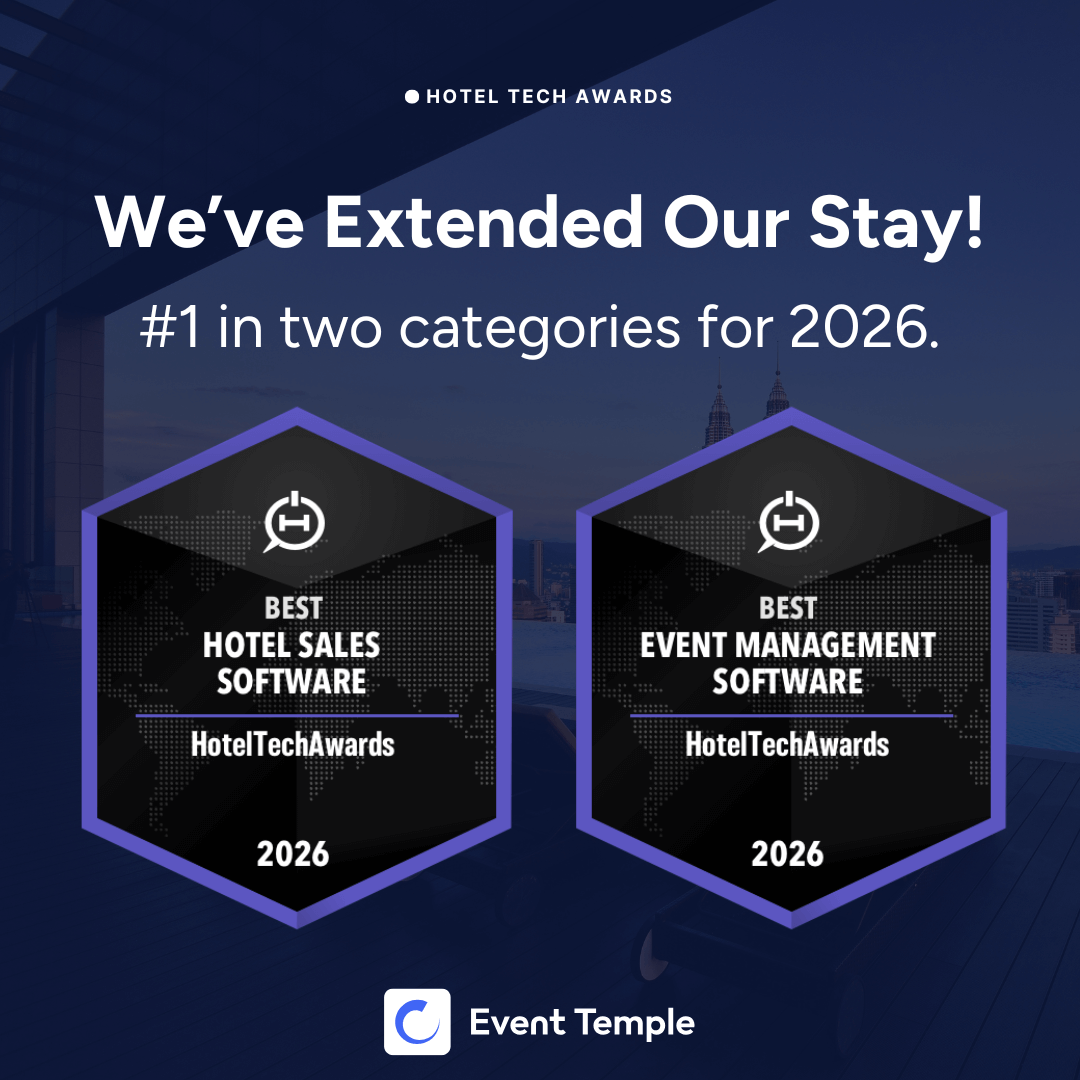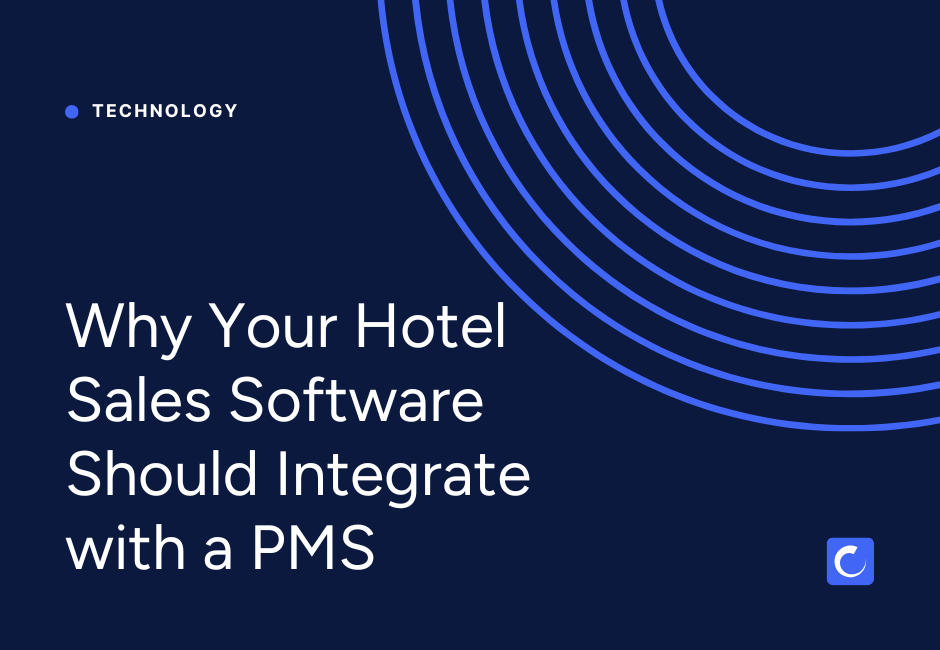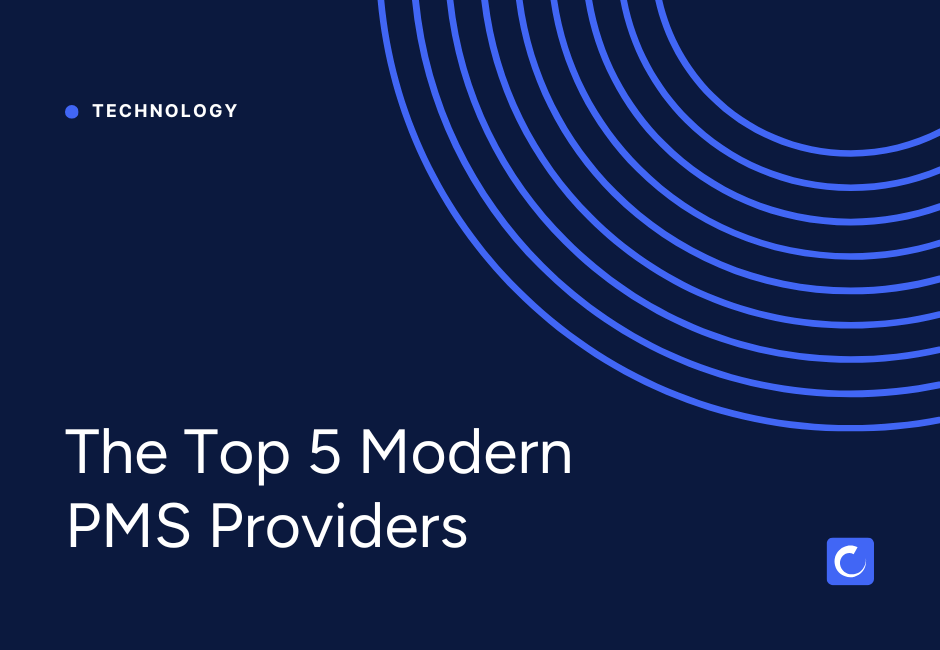The hotel industry is super competitive; there are estimated to be around 187,000 hotels worldwide. Well! That's a significant number. Don't you think so?
Considering this super competitive scenario, marketing is critical to stand out and let people know about your hotel's existence. This is where hospitality marketing comes into play; it helps your hotel draw attention to your brand, convey your services to the audience, escalate ongoing sales and helps build brand recognition and trust.
In recent years, the hospitality industry has started to experience an escalation in new technologies and digitalization. This calls for an upgrade to hospitality marketing plans and approaches.
That is exactly what we are going to do today! Let’s dive in!
Why is hospitality marketing important?
Before we dive into the strategies that we recommend, we wanted to quickly jump into the three main reasons why having a well-thought-out tourism and hospitality marketing strategy is essential.
1. To increase brand awareness about the hotel
Brand awareness is a crucial component of any marketing campaign. Your customers can’t buy from you if they don’t know you exist! Now the question arises- How can you get in sight of potential customers? A marketing strategy not only increases visibility for your brand but utilizing your own marketing assets (websites, advertisements) help you tell your story uniquely to the right people at the right time. This ultimately drives new prospects and converts leads into customers.
2. To stay ahead of your competitors
Understanding what your competitors offer is equally important to understanding your own offerings. A core component of a good marketing plan includes analyzing your competitors to see how you can make your brand unique. This helps to pinpoint the differences between your approach and that of your competitors helping you formulate strategies to fill in the gaps and set yourself apart and ahead of the competition.
3. To keep up with the changing trends
Digital marketing is on the boom! According to Statista, 73% of all travel and tourism revenue will come from online bookings by 2026. In fact, 6 out of 10 customers choose their hotel based on the information provided on the web. It’s a different landscape than it was a couple of years ago - and it continues to change. Checking in and updating your marketing strategies is one of the best and fastest ways to keep up with the continuously changing trends by continually auditing your existing promotional practices and tailoring them to the customers' current requirements.
7 Ps of Marketing
The first and foremost step before developing any marketing strategy is to understand the 7 Ps of marketing. So let’s quickly recap these:
The 7 Ps of marketing are:
1. Product- Marketers should clearly understand the product/service, the problem it is trying to solve and its USP (unique selling price).2. Price- Refers to the amount of money charged for the product/ service. 3. Promotion- Marketers should be able to decide the online and offline channels that would be most effective and helpful in reaching out to targeted customers.4. Place- Refers to the locations where you decide to distribute your goods or services. 5. People- This factor ensures that the people representing your brand are trained professionals with adequate knowledge about the product/service.6. Physical Evidence- This aspect deals with the evidence that substantiates that your brand exists. Physical evidence can be in the form of physical stores, offices, websites, receipts, brochures, business cards, packaging, invoice etc. 7. Process- This includes every step in delivering your goods and services to a customer. When thinking about procedures, it's important to concentrate on how they increase awareness and customer value.
10 Hospitality Marketing Strategies
It’s time! Let’s discuss the tips and tricks that can help you create and elevate your marketing plan.
1. Segment your target market
Throughout the year, your business gets bookings from a variety of different customers. All of these customers can fit into target personas that have specific interests, pain-points and motivations to purchase your product. Segment your prospects and customers into target personas to understand and address their needs better. Understanding their needs allows you to efficiently target them with all of the marketing strategies below - making your marketing efforts more efficient, ROI-positive and memorable.
Looking to build your target personas? Get our free target persona templates!

2. Personalize your offers
Now that you have segmented your audiences into specific target personas, it is time to speak to them in their language. According to Revinate, 86% of customers claim that personalization influences their buying choices. Tailor your content, such as welcome emails, discount offer emails, seasonal offering emails, etc., as per the customers’ needs and give them something to relate to. This will not only boost first-time bookings, but it will also increase loyalty and referrals from your current customers.
3. Presence of a website
Regardless of the style of your hospitality business (hotel, restaurant, event space), a website is critical to inform customers about your service offerings. The website should be simple to navigate and have all the necessary information like details about your services, the contact information of the hotel, booking dates and rates, special offers, discounted rates, etc.
4. Incorporating email marketing
Email Marketing might be an old channel, but still, it is one of the most effective ways to get your word out. There are 4 billion users of daily emails. By 2025, this figure is anticipated to increase to 4.6 billion. Email marketing campaigns not only help in reaching out to new people but also help in maintaining relationships with existing ones. Reverting back to the points mentioned above, make sure that your email audiences are segmented and receiving personalized, targeted messages through your emails.
5. Staying active on social media channels
As per statistics, just over half of the world's population, or 4.62 billion people, use social media, making up 93.4% of all internet users. This proves how important it is to have a social media presence. You can use social media accounts like Instagram, Facebook, Twitter, and LinkedIn to advertise your products and services. Although it is not necessary to stay active on all social media platforms, we recommend picking your active social channels based on where your target persona lives online and your revenue goals. Wanting more corporate bookings? Post on LinkedIn! Looking for more transient bookings from couples and families? Post on Facebook and Instagram.
6. Content Marketing
Content Marketing (blogs, videos, podcasts) costs 62% less and produces more than three times as many leads as outbound marketing. It allows you to educate your leads and customers and helps build stronger relationships with them. It also aids in establishing your credibility and authority in your industry. Content creation can also be leveraged to optimize your ranking on the SERPs, and it’s a powerful tool to attract and retain traffic on the website.
7. Taking benefit of influencer Marketing
In the world of experiences, people listen to people. This is why influencer marketing is such a big business; now, it's worth $13.8 billion! With influencer marketing, you can reach out to people with significant social media followers and partner up with them to promote your products/services. If done correctly, with proper KPIs in place, influencer marketing can be an extremely efficient way to reach and convert specific audiences.
8. Leveraging word-of-mouth
Without a doubt, word-of-mouth is the backbone of the hotel industry. Consumers are 92% more likely to believe recommendations from friends and family than marketing, according to data. For instance, a person is more inclined to visit a restaurant if they hear positive feedback from a friend. The same is true of reviews, both online and in regional media. So offer your clients the finest support you can, and encourage them to submit online evaluations. Alongside reviews, implement a referral program that provides benefits to both parties. Both these strategies cause ripple effects that continue to bring new customers at a fraction of the cost of traditional marketing methods!
9. Ranking higher on search engines
Search engine traffic accounts for 53.3% of all website traffic. Whenever people have a question, they go on search engines to find solutions to their problems. You can make yourself visible to your audience by improving your search engine ranking through an investment in SEO (search engine optimization). Carefully curated SEO strategies will continue to establish you as a thought leader, increase brand visibility and bring valuable traffic to your website.
10. Remarketing
Nowadays, converting any potential lead into a customer with just a first impression is challenging. Almost 75% of reservations for hotel rooms are abandoned. In other words, 3 out of 4 people who visit your website searching for a place to stay will become sidetracked and leave. So, how do you bring that traffic back? Run remarketing ads! Running remarketing ads with specific promotions and offers can be an excellent way to re-engage lost traffic, bring them back to your website and convert them.
Wrapping Up
Marketing is one of the core components of any hotel’s operations. Therefore, a carefully curated hospitality marketing plan is crucial to be successful in the hospitality sector.
Now that you know the importance of hospitality marketing and the effective strategies to implement it. Let us know in the comments below which marketing for hospitality and tourism strategy works best for you!



